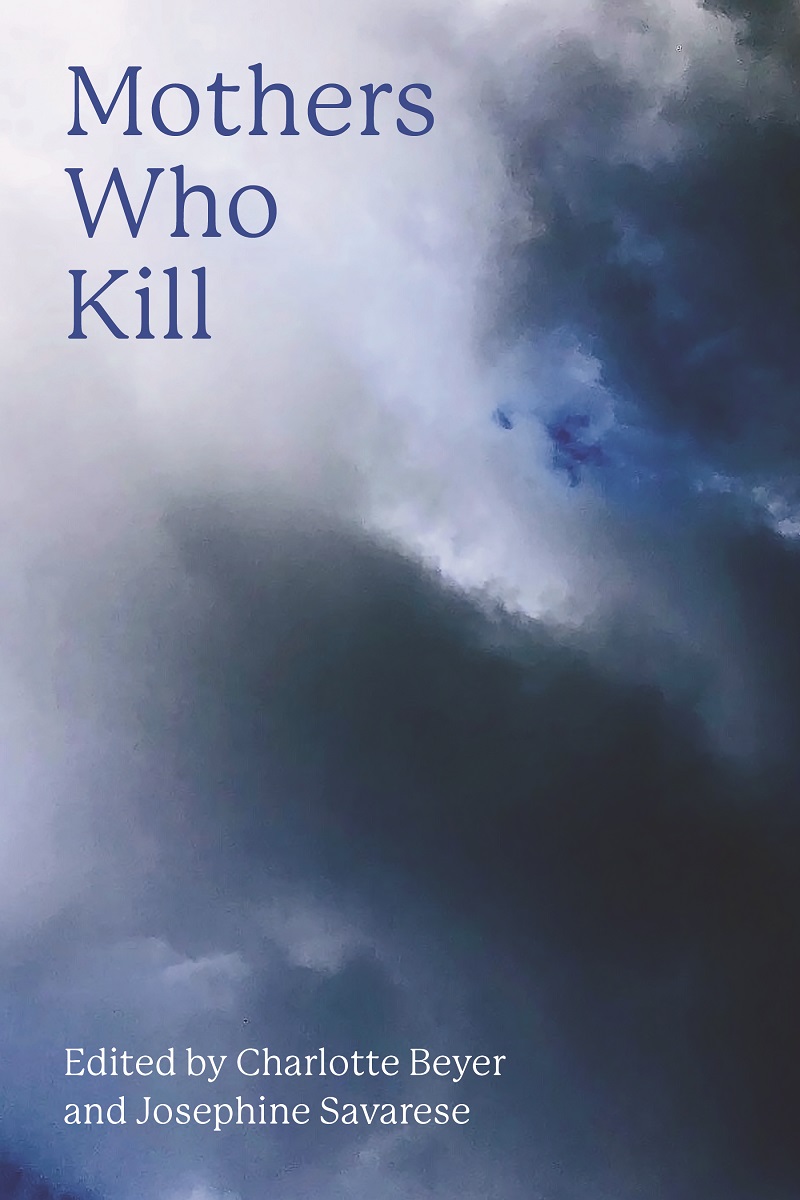
Price: $44.95
Page Count: 360
Publication Date: February 2022
ISBN: 978-1-77258-357-1
'This innovative project brings together scholars from a variety of disciplines alongside creative practitioners to discuss and shed light on a subject that has not yet received much critical attention. It will be a useful reference text for years to come."
- Dr Christine Berberich, Reader in Literature, University of Portsmouth
This collection astutely unites the insights of historians, literary scholars, legal scholars, cultural studies scholars, poets, and playwrights to reconsider the forces that drive women to infanticide and child murder. Without sensationalizing the topic, the writers provide context for past representations and rethink the role systemic factors play in child murder. This collection is essential to anyone seeking to understand mothers who kill from a feminist standpoint.
- Amanda Konkle, PhD
Literature and Film Studies, Georgia Southern University
Acknowledgements
Notes on Contributors
Introduction: Charlotte Beyer and Josephine Savarese, Uncovering the Complexities and Silences: Mothers who Kill
• Creative Explorations
• Chevelle Malcolm, “Hopes and Dreams”
• Amy Lynne Hill, “Baby Girl Medea”
• Josephine Savarese, “Water Broke (After the Evening Shift Restocking Shelves)”
• Hildegard Serves Tea
• Marijoy Joins the Ceremony
• Legal Perspectives Now and Silenced Histories
• Josephine Savarese, “I Wasn’t Normal”: Reading Illegibility Into Canadian Infanticide Law, A Wild Reading
• Judith Broome, Stories too painful for the light of day": Narratives of Neonaticide, Infanticide, and Child Murder
• Sharon Myers, Claiming the Infanticidal Space: An Analysis of King v. Lottie DesRoches, 1904, Prince Edward Island
• Rachel Franks and Caitlin Adams, Baby Farming and Betrayal: Foster Mothers who Murder
• Andrea Walsh, Storytelling and the Personification of Oppression During U.S. Feminism’s First Wave: The Infanticide Case of Hester Vaughn
• Meighen Katz, The Ambivalent Monstrosity: Museum Interpretation of the Infanticidal Mother
• Georgina Rychner, ‘A Crown of Martyrdom’: Infanticide, Insanity and Capital Punishment in Colonial Victoria
• Global Literary and Cultural Narratives
• Chrissie Maroulli, “She Cut Her Hair and Changed Her Name, From Fair Elinor to Sweet William”: Constructions and Reconstructions of Female Identity in Early Modern Infanticide Ballads
• Sace Elder, The Wicked Stepmother in the Age of Maternalist Politics
• Anna Rocca, Assia Djebar’s La Soif: Abortion and Crime
• Trudier Harris, “Image Shatterer: Delores Phillips’s The Darkest Child”
• Amy Hagenrater-Gooding, Smother Love: Maternal Filicide in Veronique Olmi’s Beside the Sea
• Anne McGee, From Murderous Monster to Loving Mother: Reconsidering and Re-writing the legend of La Llorona in Children’s Literature and Film
• Charlotte Beyer, “I Never Made Those Marks on My Girl”: Challenging Cultural Narratives about Mothers who Kill in Sara Paretsky’s Crime Novel Brush Back
Charlotte Beyer is Senior Lecturer in English Studies at University of Gloucestershire. She is author/editor of Mothers Without Their Children (2019) and Travellin’ Mama: Mothers, Mothering, and Travel (2019) with Demeter, and Teaching Crime Fiction (Palgrave, 2018). Her monograph Murder in a Few Words is published by McFarland in 2020.
Josephine L. Savarese is an Associate Professor in the Department of Criminology and Criminal Justice, St. Thomas University, in New Brunswick. Josephine is a regular contributor to Demeter Press releases. While the topic of infanticide has challenging aspects, Josephine also finds the topic, explored in the wide ranging chapters, fascinating.


